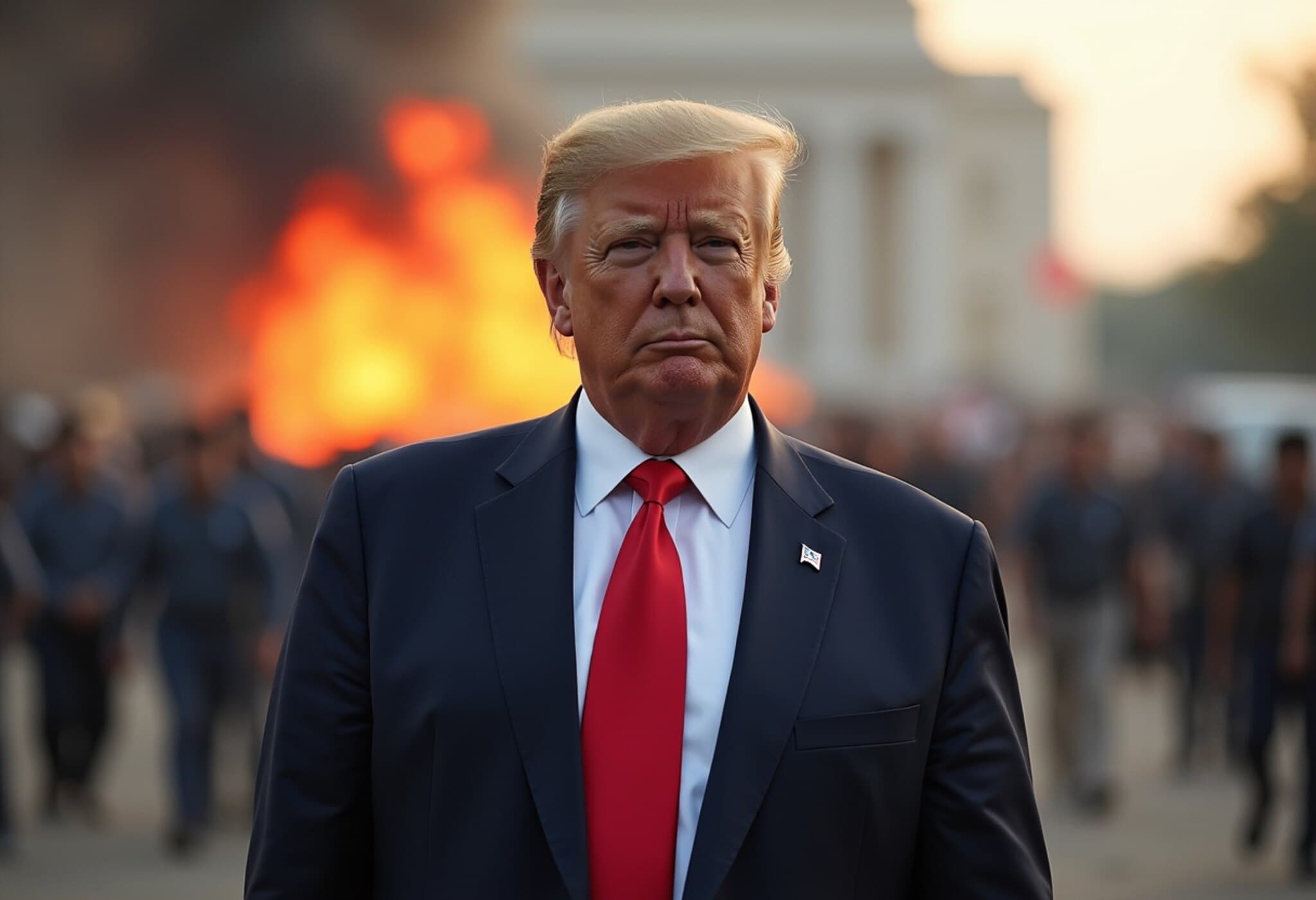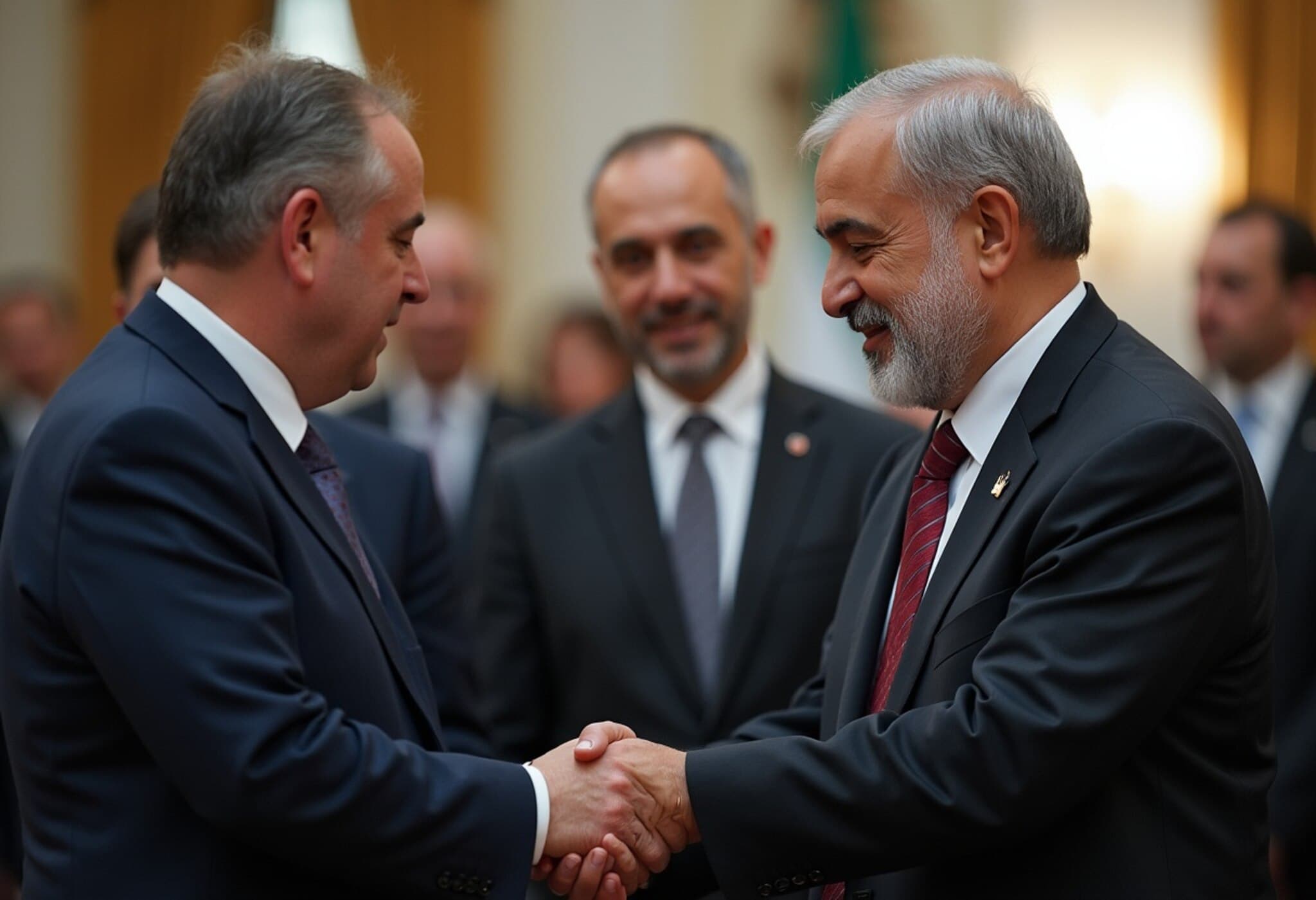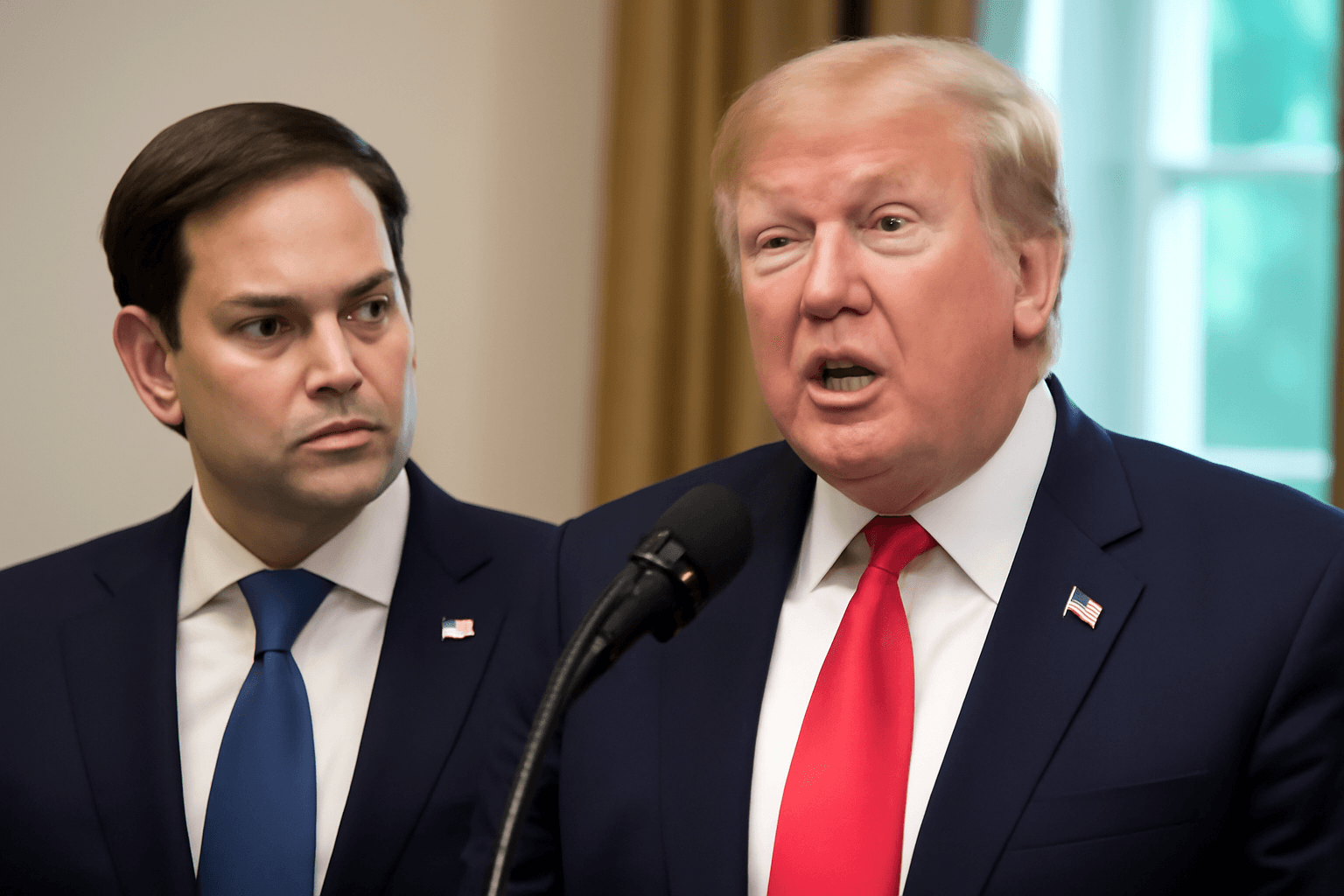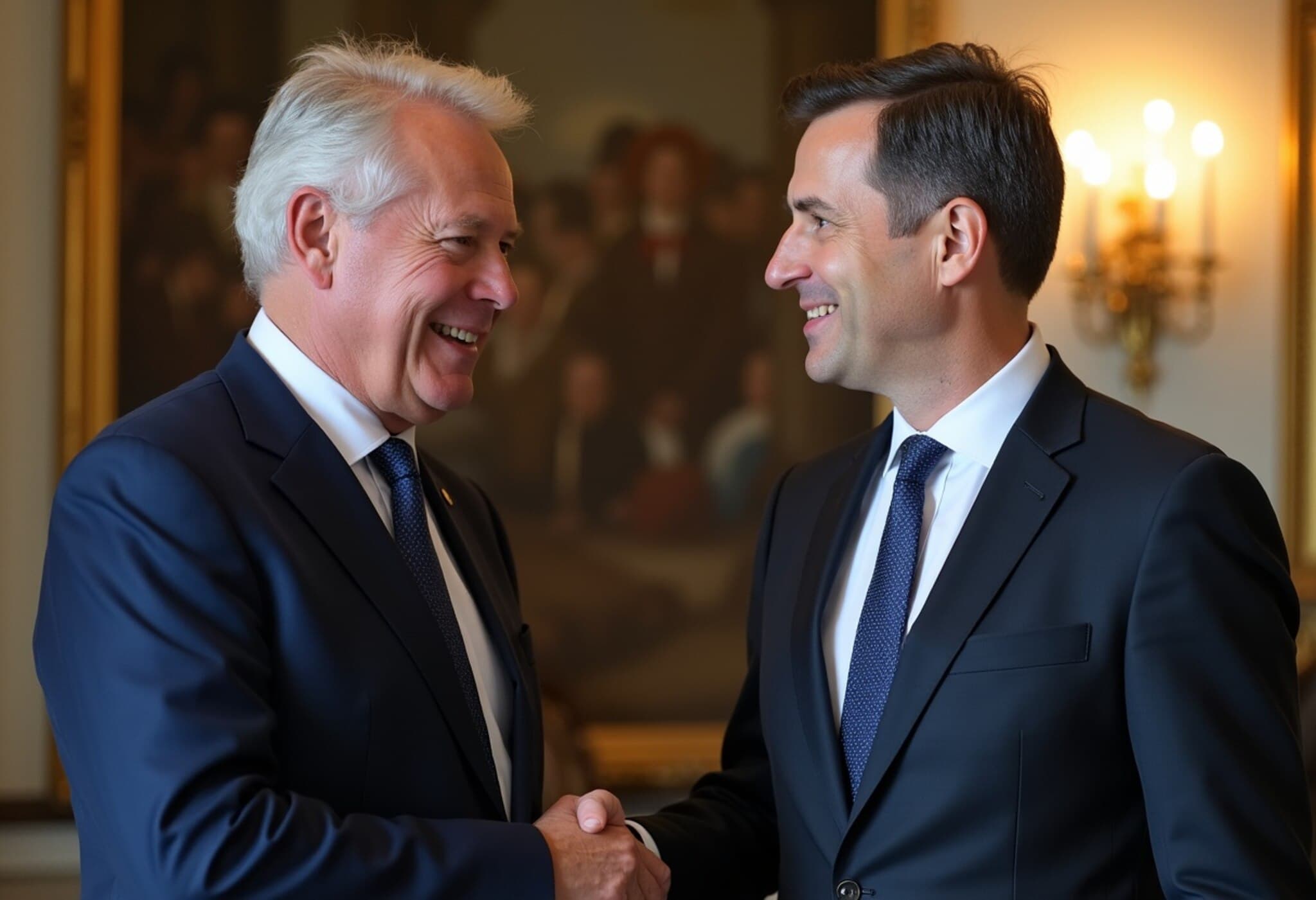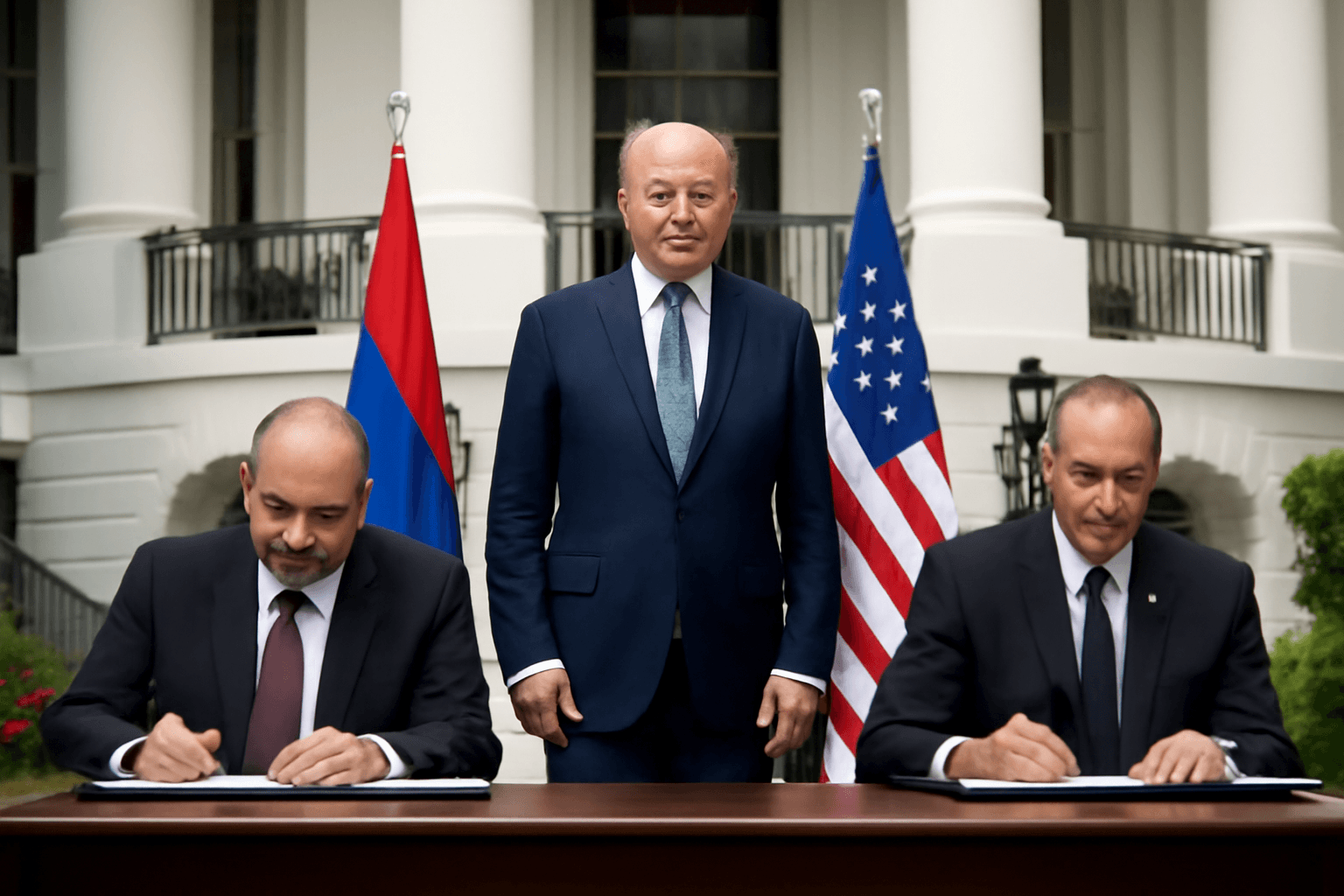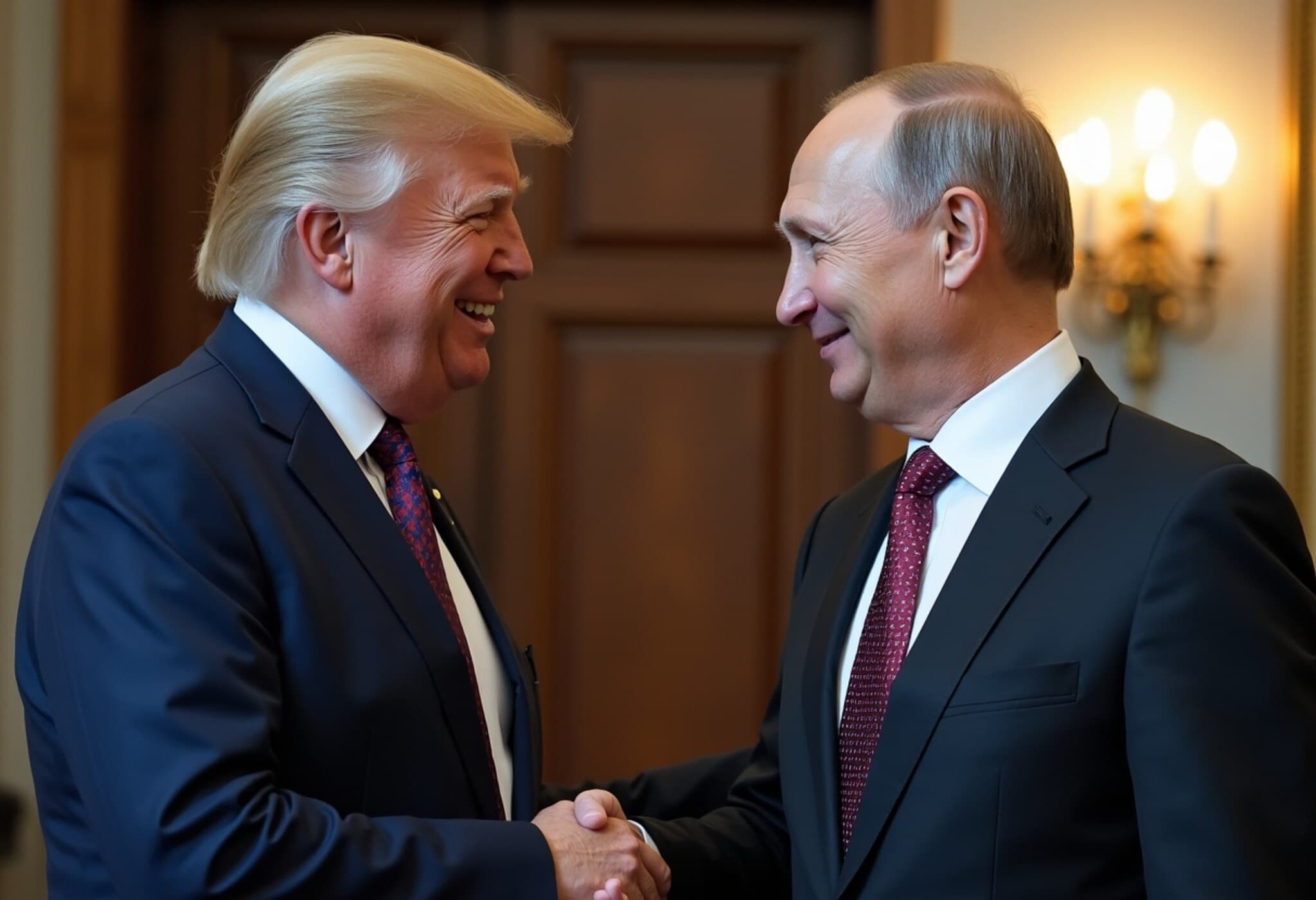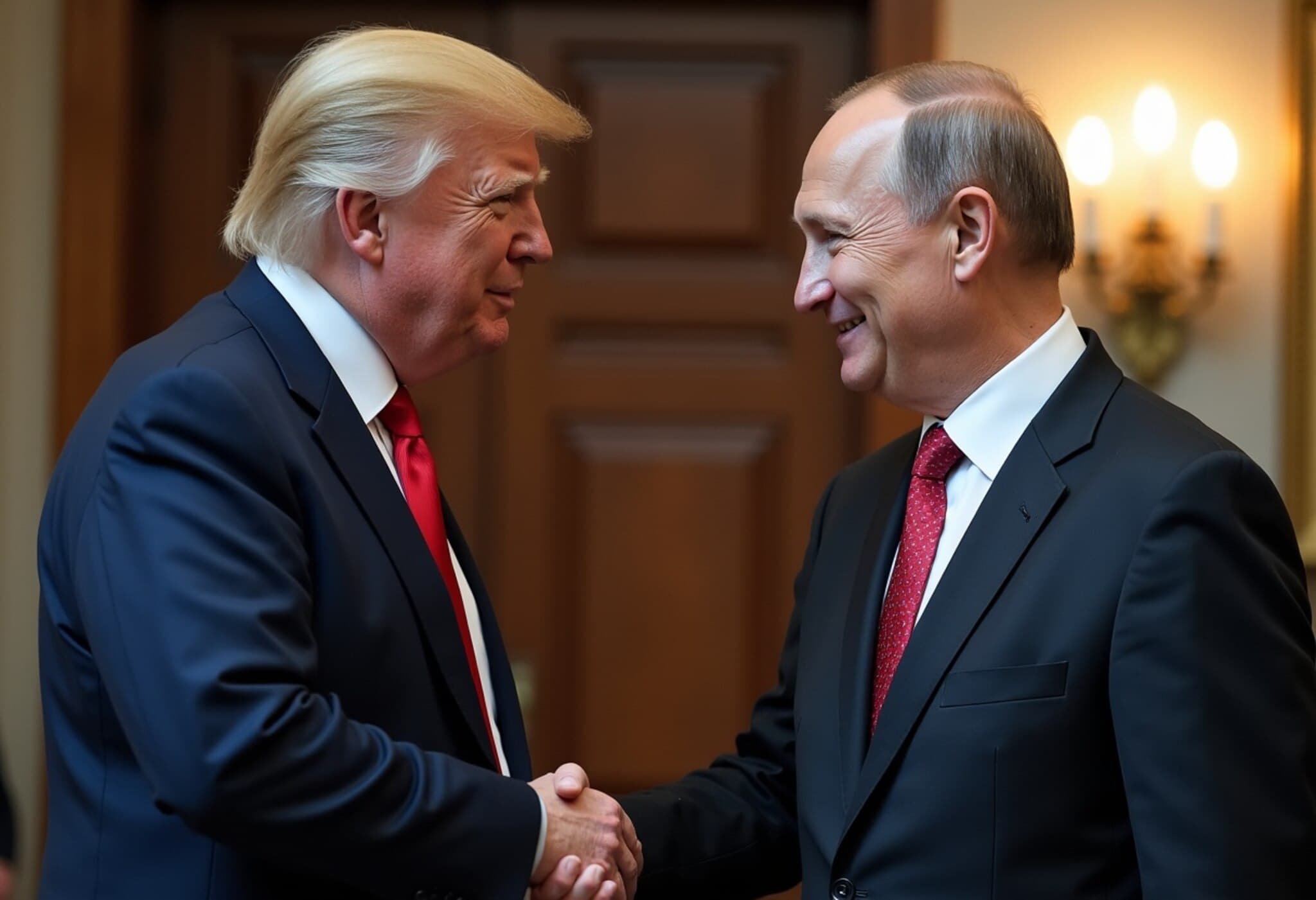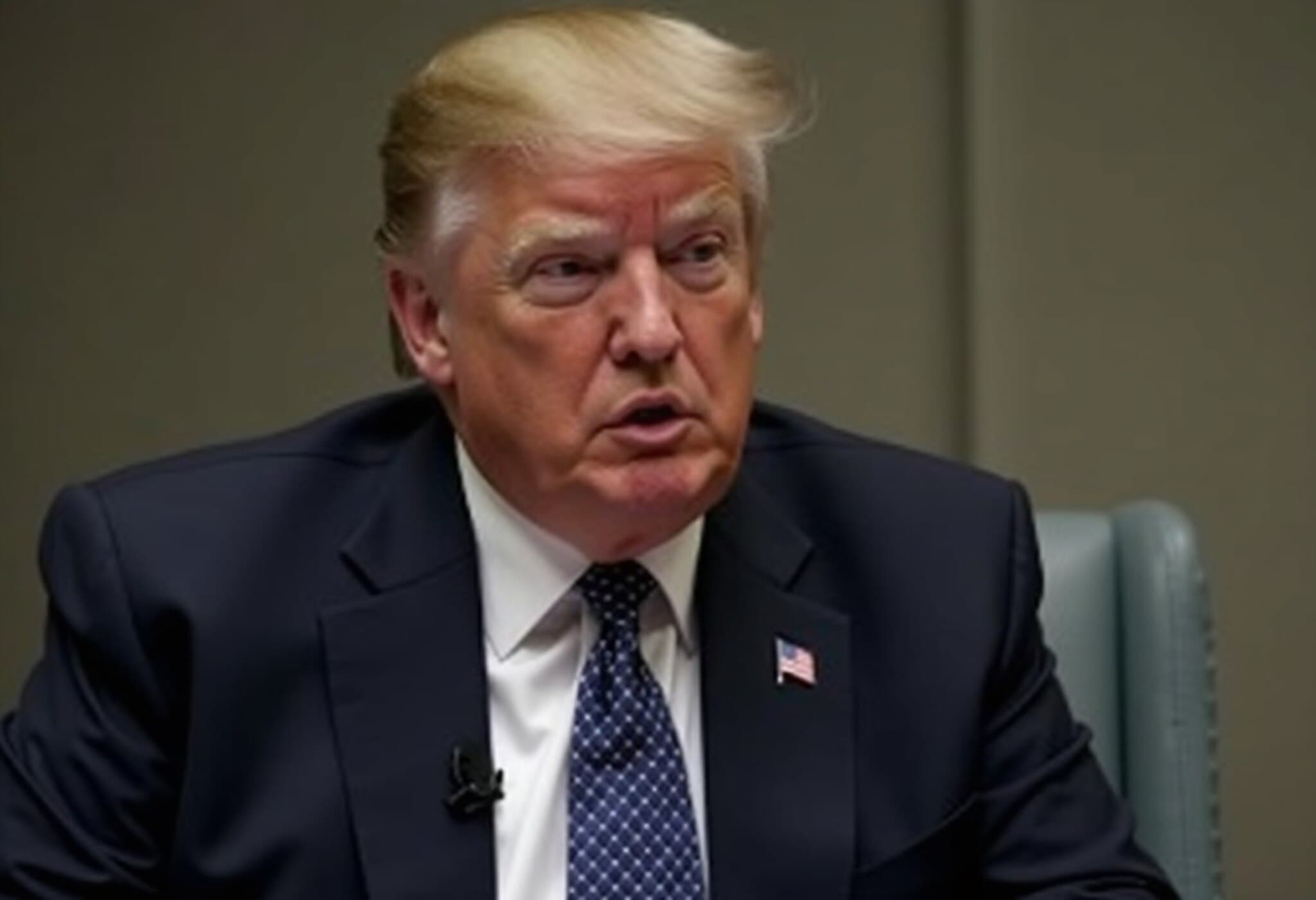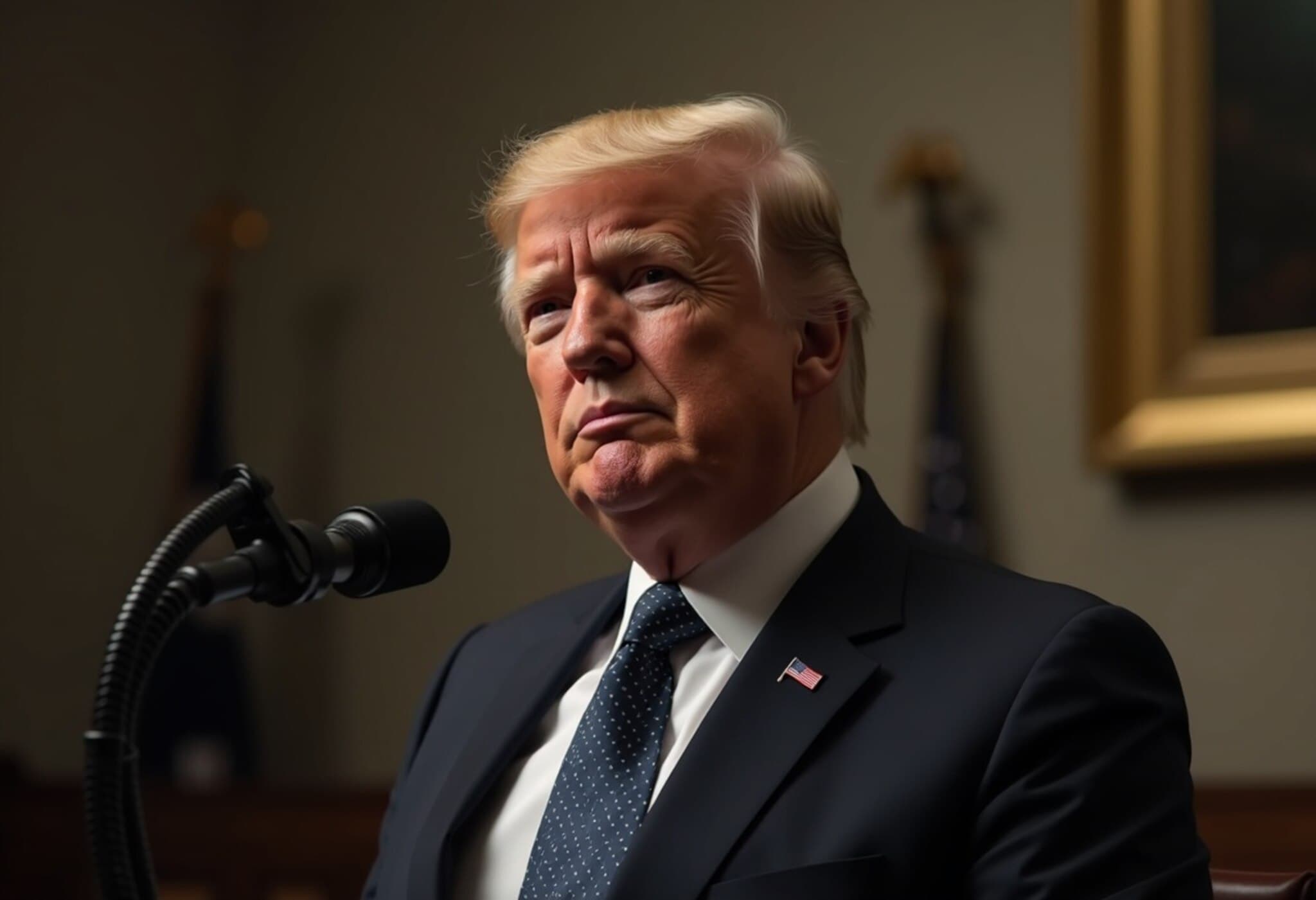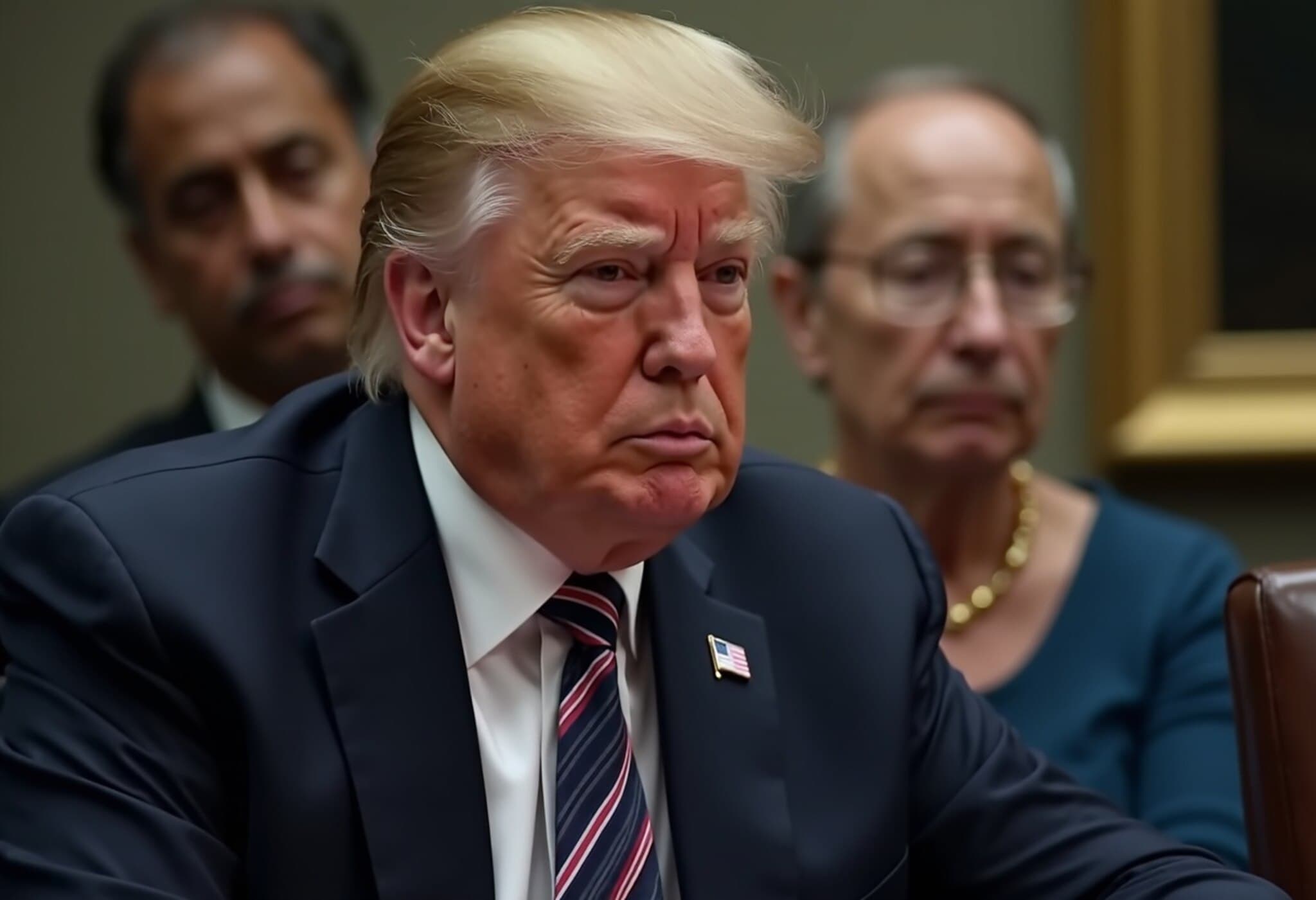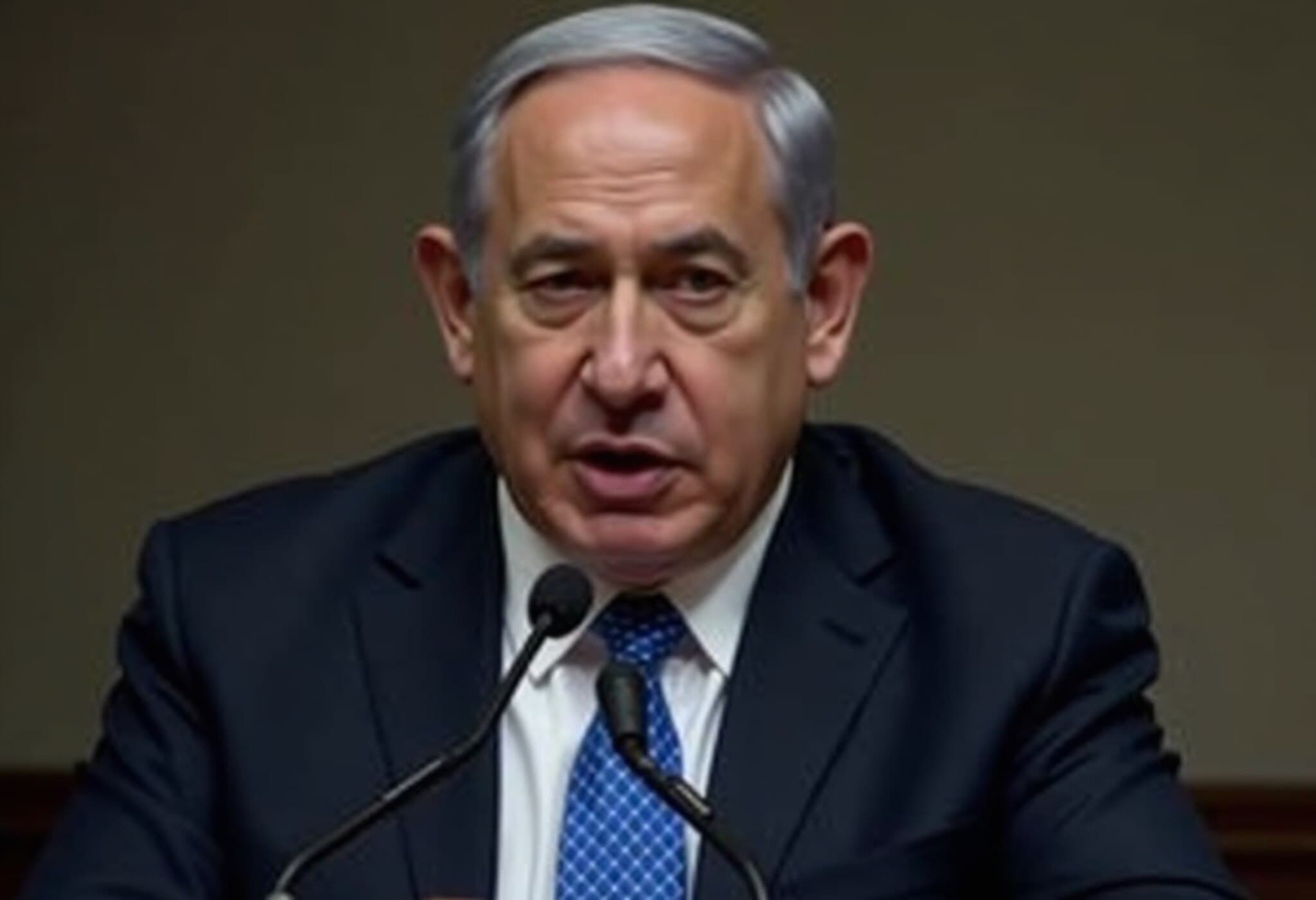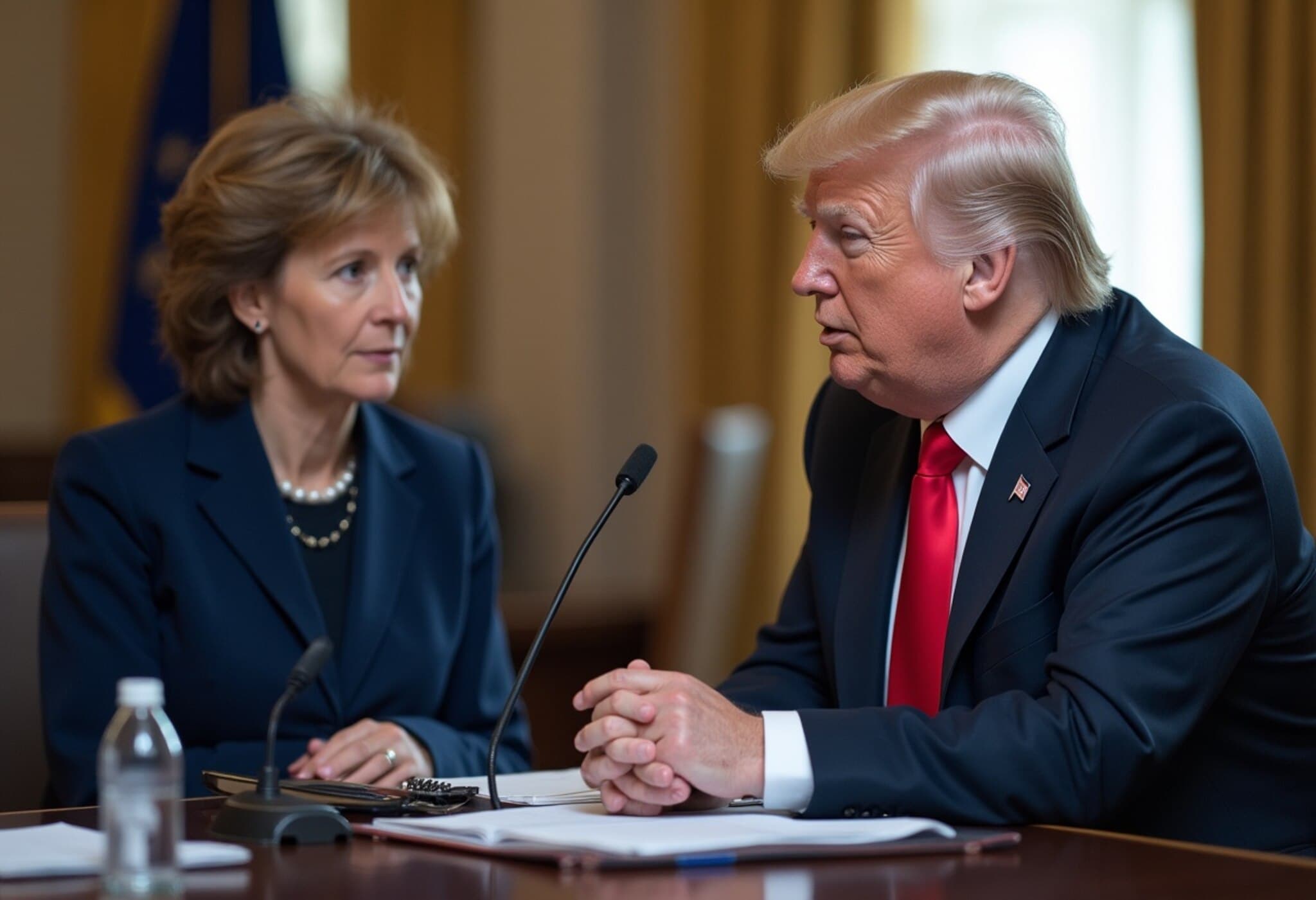Trump Facilitates Immediate Ceasefire Discussions Amid Rising Tensions Between Thailand and Cambodia
In a surprising yet pivotal move on July 26, 2025, former US President Donald Trump announced that the leaders of Thailand and Cambodia have agreed to initiate ceasefire negotiations immediately, aiming to de-escalate the intense border conflict now in its third day. Speaking from Scotland during his visit, Trump revealed via social media that he had personally conveyed messages between Cambodian Prime Minister Hun Manet and Thailand’s acting Prime Minister Phumtham Wechayachai.
Diplomatic Intervention Under Economic Leverage
Trump emphasized the urgency of peace talks by reminding both parties that ongoing hostilities threaten their future trade negotiations with the United States. “Both Parties are looking for an immediate Ceasefire and Peace,” Trump asserted, adding that he was honored to mediate between the two Southeast Asian countries. His approach highlights how economic incentives are increasingly central in diplomatic conflict resolution, particularly with the US as a crucial trading partner in the region.
“They have agreed to immediately meet and work quickly toward a ceasefire and, ultimately, peace,” Trump stated. He also hinted at resuming trade agreements after tensions subside, underscoring the interconnectedness of security and economic diplomacy.
Background and Escalation of the Conflict
The border clashes erupted following the death of a Cambodian soldier in May during a minor skirmish. Since then, hostilities have escalated dramatically, with both nations reinforcing military presence along the border. New flashpoints surfaced on Saturday in Thailand’s coastal Trat province and Cambodia’s Pursat province, roughly 100 kilometers away from the initial conflict zone, signaling a worrying spread of violence.
According to official sources, over 30 fatalities have been reported, including soldiers and civilians. Thailand confirmed 7 soldier and 13 civilian deaths, while Cambodia reported 5 soldiers and 8 civilian casualties, according to Defense Ministry spokesperson Maly Socheata. The fighting has displaced more than 130,000 people, marking it as the most severe clash between these neighbors in over a decade.
The Human and Political Toll
The conflict’s repercussions are not just military but also profoundly humanitarian and political. The strain on Thailand’s fragile coalition government has intensified dramatically amid the crisis, complicating internal governance and policy decisions. The massive displacement has raised urgent concerns for international humanitarian aid groups and regional organizations, emphasizing the need for swift resolution.
Both governments continue to blame each other for provocations, each claiming self-defense. The ongoing blame game complicates the path to reconciliation and requires skilled diplomatic handling – one reason Trump's mediation, backed by the promise of trade incentives, could be significant if managed carefully.
Unanswered Questions and Regional Implications
- While Trump confirmed the agreement to hold talks immediately, no specifics have been disclosed about the location, format, or timing of the negotiations.
- The effectiveness of US economic leverage as a peace-building tool in Southeast Asia remains to be seen, especially given the complex geopolitical interests at play, including China's influence in the region.
- The long-term stability of Thailand’s government during this crisis is uncertain, raising questions about how internal politics will intersect with external conflict resolution efforts.
Experts note that this development offers a glimmer of hope but caution against premature optimism. The international community and regional stakeholders, including ASEAN, will be closely monitoring to support peaceful outcomes while addressing the humanitarian crisis unfolding.
Editor's Note
Trump’s involvement in mediating ceasefire talks between Thailand and Cambodia underscores the evolving role of economic diplomacy in conflict resolution. While the agreement to negotiate is a promising step, sustainable peace will require transparency, mutual trust, and sustained international engagement. The human cost remains profound, and the world watches cautiously as these neighboring nations navigate a path away from violence. The coming weeks will be critical in determining whether economic incentives can truly bridge deep-rooted political and historical tensions.

